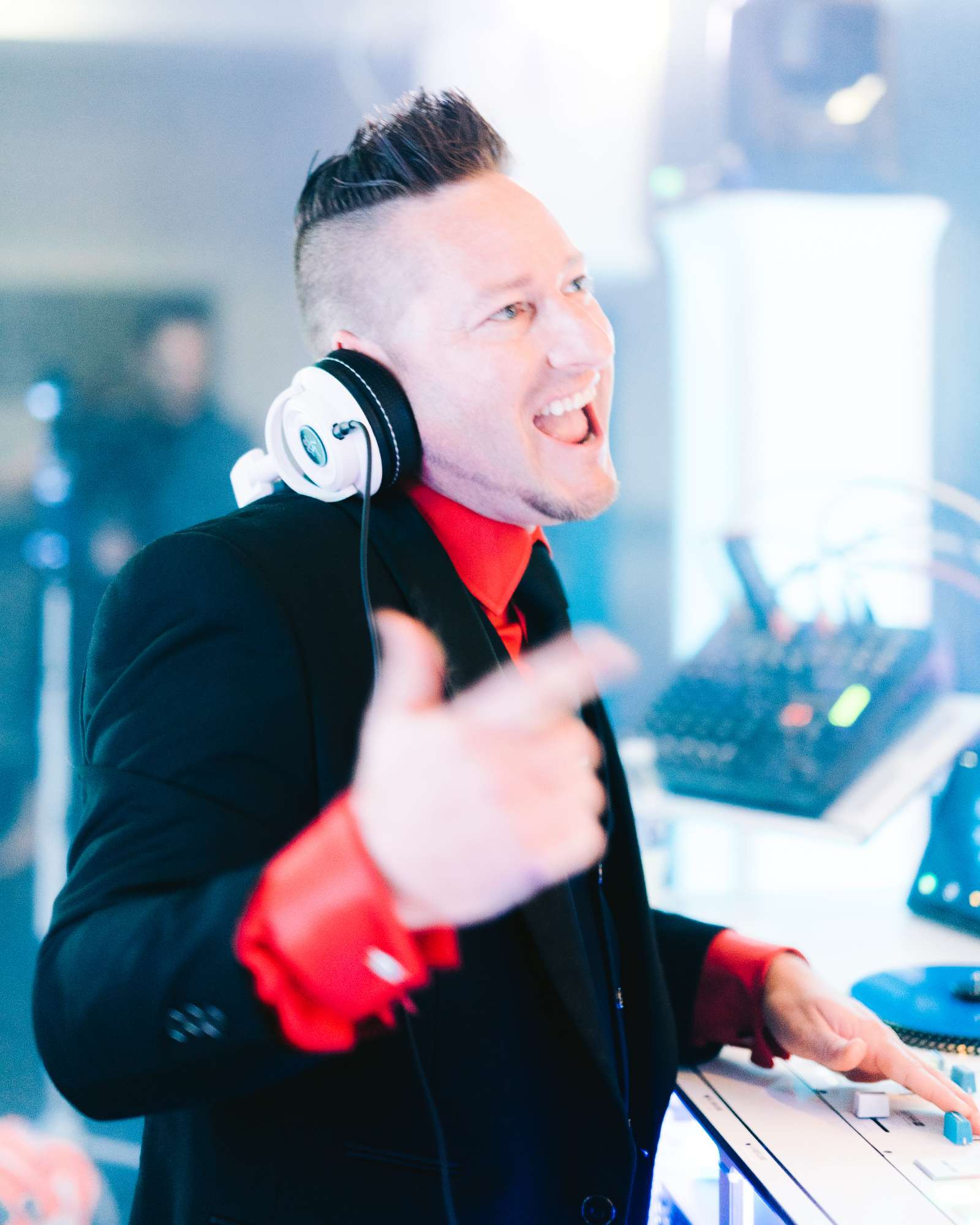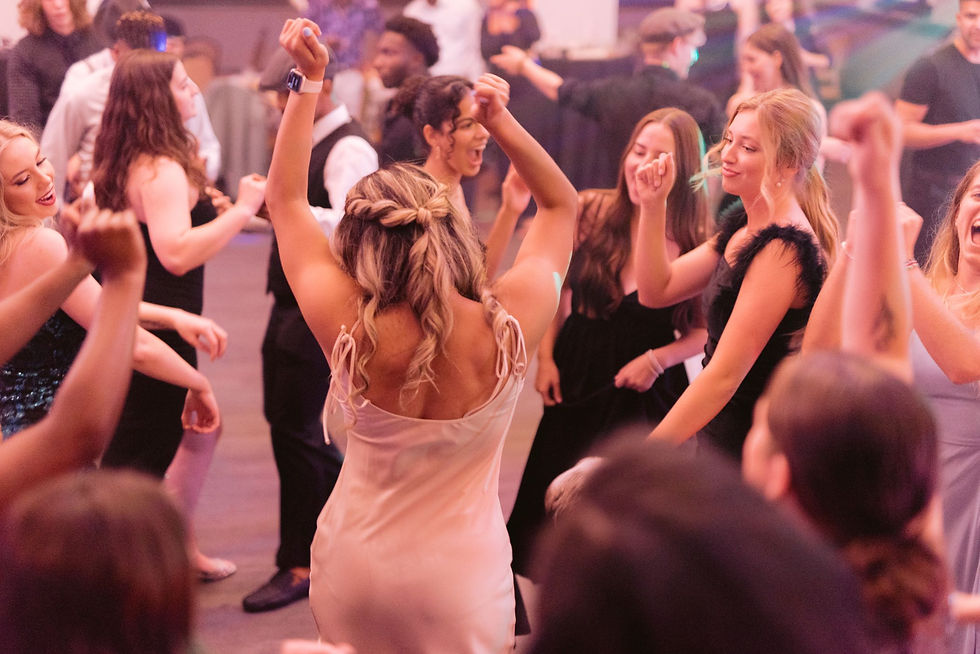Love For The Music: Music as a tool for emotional expression?
- DJ Nikko

- Aug 29, 2025
- 2 min read
Updated: Sep 1, 2025
"The quote "music is just an emotional trauma to a beat" is a provocative and poetic phrase that points to a scientifically supported truth: music can trigger, express, and help us process deep emotional distress. It is not a literal definition but rather a metaphorical lens for viewing how we use rhythm and melody to navigate our pain.
Music and trauma in neuroscience
Brain research shows significant overlap between how we process music and how we process emotional trauma.
Emotional triggers: The amygdala and hippocampus, brain regions involved in emotion and memory, are activated by music. This can cause a particular song to be a trauma trigger, bringing a past event back to consciousness with intensity.
Emotional regulation: The same brain pathways can be used to process and regulate emotions. Music can help calm and ground someone who has experienced trauma.

Dream Wedding Events & Entertainment | Charleston Wedding DJs understand emotions. If you're looking for a trusted partner who understands your emotional need for your wedding then reach out to one of our DJs today by clicking our link 👇
Healing potential: The release of pleasure-inducing chemicals like dopamine and prolactin while listening to music can make engaging with challenging emotions a less threatening and even rewarding experience.
Music as a tool for emotional expression
For many, music is not just a reminder of emotional trauma but a vital tool for expressing and coping with difficult feelings.
Expressing the inexpressible: Music provides a non-verbal outlet for emotions that are too overwhelming or complex to put into words. Songwriting or creating music can be a way to process experiences in a creative, safe manner.
Finding connection: Listening to music created from another's pain can foster empathy and a sense of shared human experience, reducing feelings of isolation. This is often the case with genres like blues, folk, and hip-hop, which have long been platforms for expressing marginalization and struggle.
Navigating bittersweet feelings: Many people find pleasure in listening to sad or melancholic music. This "pleasurable sadness" can involve feeling the music's emotion as non-threatening and even aesthetically beautiful.

The musician's perspective
The observation that "music is just an emotional trauma to a beat" also reflects the experience of many artists. Research shows that musicians are more likely to suffer from mental health disorders like depression. For some, a traumatic past may fuel their artistic drive, creating deeply personal and emotionally resonant music. This can serve as a coping mechanism, turning their pain into something beautiful and shared"




Comments